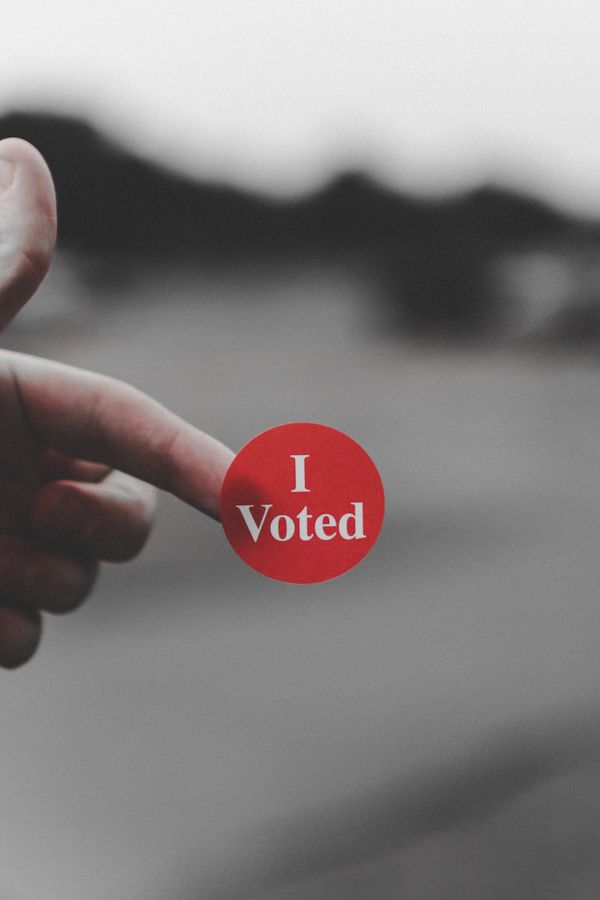Witnessing presidential elections has always been incredibly exciting for me. In November 2008, I remember gathering all the blankets and pillows from my bed and plopping myself in front of the TV, watching as each state on the US map flashed blue or red throughout the night. I would walk to the polling station with my dad and he’d let me fill in each of the bubbles for him. I felt like I was watching history being made, and I was. I was completely unaware of the politics of it all, but I knew that the election would have a profound impact on my country. As a 10 year old, it felt empowering to be part of something so much bigger than myself.
This election has brought that same excitement, but also an extreme sense of dread. It’s proven to me, more than anything, how divided our country has become. Having grown up in the Back Bay of Boston, I’ve lived in the biggest liberal bubble you can imagine. Living in the middle of a city had its moments, but for the most part I never encountered anyone who didn’t see the political world the same way I did. Every window sign and bumper sticker was blue. Coming to a liberal arts college in upstate New York didn’t allow me to see much political diversity either. And for the better part of the past 18 months I never considered Trump to be anything but a joke, because everyone else around me laughed at every misstatement he made. But beyond my bubble, there existed over 60 million people who thought Donald Trump would make a good president, a group I wasn’t able to see because of how isolated I was from those points of view.
These bubbles aren’t solely manifested in college communities. One major cause for the bubbles we live in is the media, particularly social media. Leading platforms like Facebook and Twitter filter what we see in an attempt to tailor the information they present to us to our interests. For most millennials, the Internet is their only connection to the world outside their own immediate home. According to the Pew Research Center, 61% of millennials use Facebook as their primary source for news. Facebook in and of itself isn’t a reliable news source. Instead of searching out information regarding the election, we let Facebook decide what we should and shouldn’t see. These social media platforms aren’t exposing millennials to information that challenges our original perspectives. It’s dangerous to limit the information people see—in order to make informed political decisions we need to be exposed to all points of view. When everyone around us thinks the same way as we do, we become even more entrenched in our original, polarized views which then makes it nearly impossible to have reasonable conversations with people of differing political perspectives. In that respect, each of us is in our own echo chamber, customized for us by the social media outlets we use.
The effects of these political bubbles are incredibly apparent. I’ve seen countless posts by friends on Facebook saying things like “Block me if you voted for Trump” or “Unfriend me if you voted third-party.” A more extreme example is a post which said “Block me if you’re a moderate.” This post really woke me up to the fact not only are people completely fixed in their political beliefs, but they are also unwilling to see varying points of view. Although Facebook does a lot in terms of isolating us from differing opinions, Facebook users are isolating themselves by unfriending and blocking people who’s views don’t exactly match theirs. It’s these extreme views that got Trump into the White House in the first place. In refusing to talk to people who don’t agree with use, we’re creating an increasingly polarized America. Nothing can be solved by insulating ourselves from perspectives that challenge our own. As a liberal millennial, I've only been able to see this phenomenon from my perspective online. I don't doubt that the same kinds of political bubbles manifest themselves within conservative communities online as well.
It’s easy to feel powerless when it comes to affecting political change. For me, it started when I began looking beyond social media for news. It’s incredibly important for millennials to take their political education into their own hands instead of relying on social media for critical information. When we’re able to empathize with people who think differently, it’s easier to have conversations about how to improve our country.
























